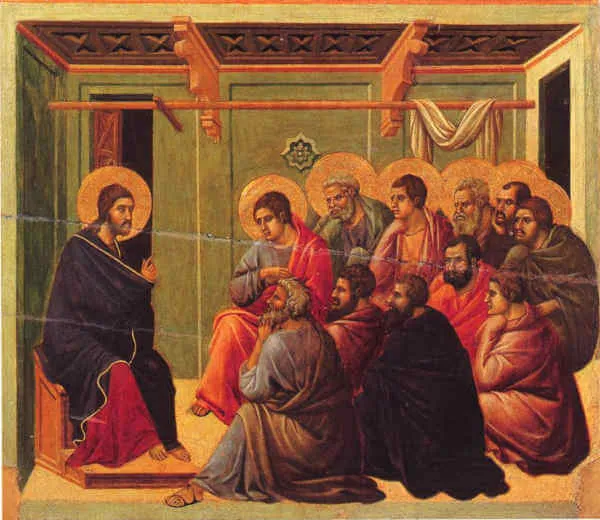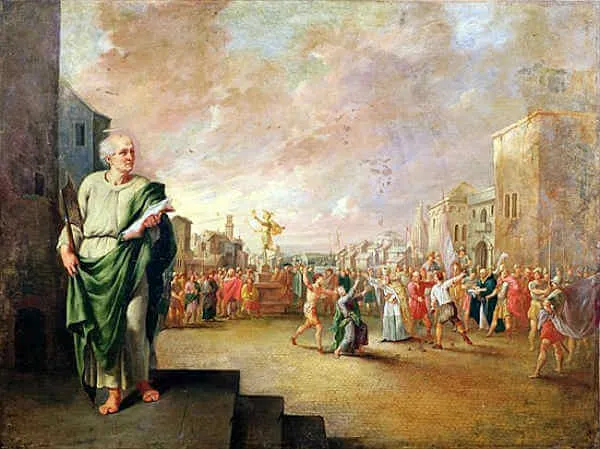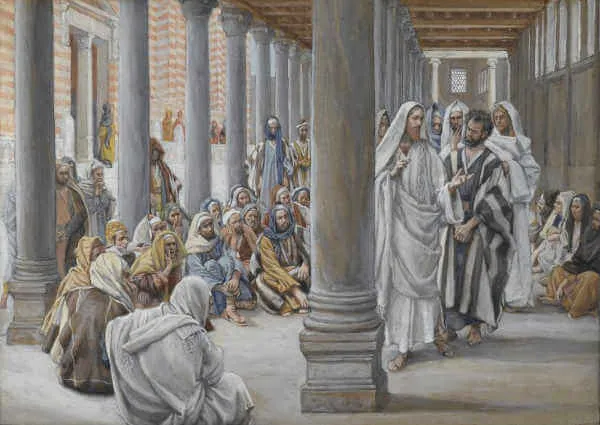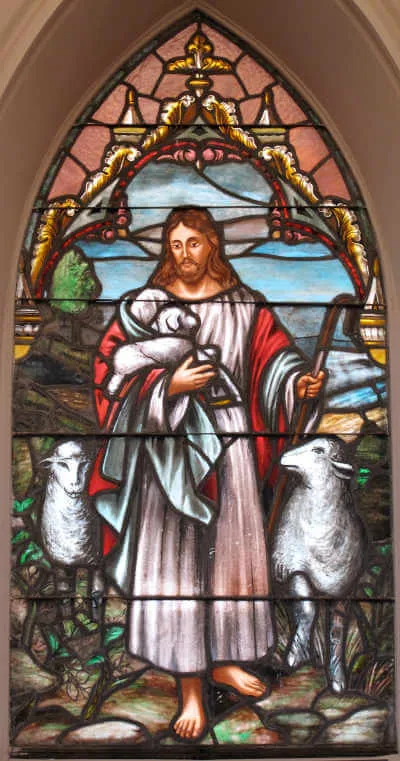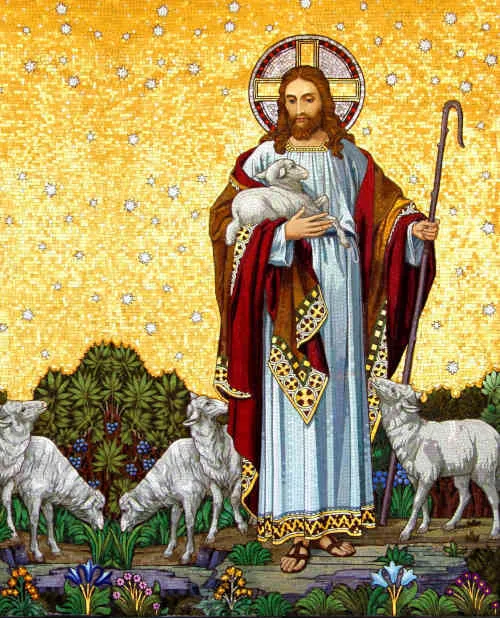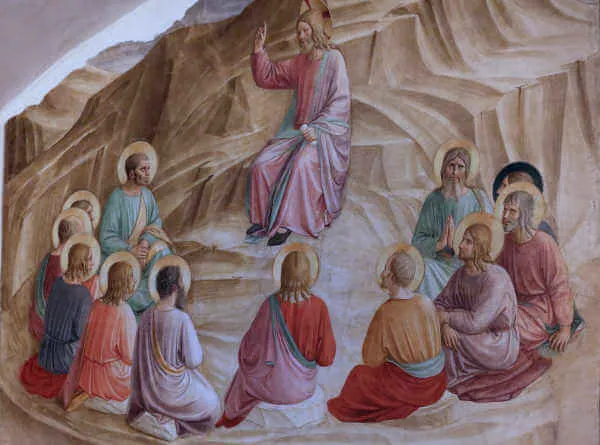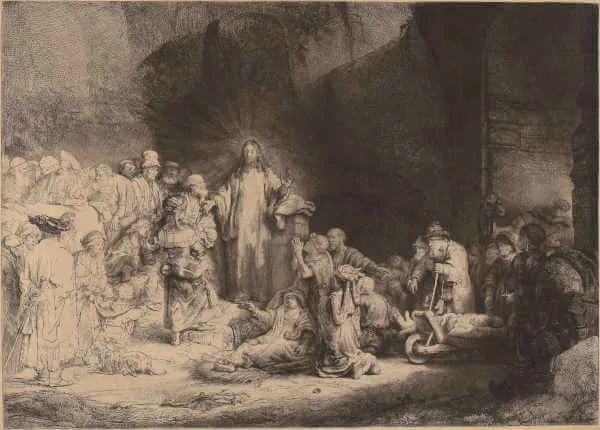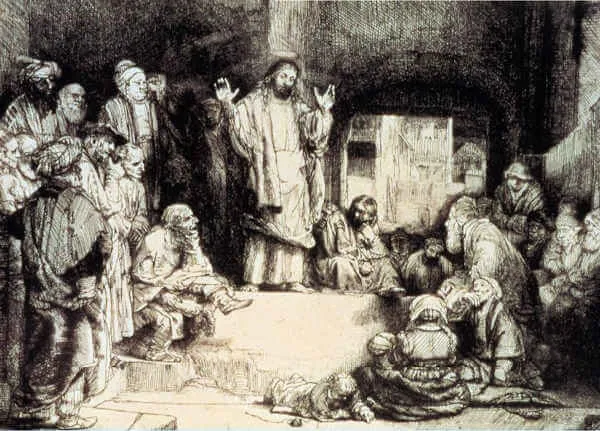John 14:1
Overcoming a Troubled Heart
Jesus said to his disciples: “Do not let your hearts be troubled. You have faith in God; have faith also in me.”
Reflection:
In John’s Gospel, Chapters 14–17 present us with what is referred to as Jesus’ “Last Supper Discourses,” or His “Final Discourses.” These are a series of sermons given by our Lord to the disciples the night He was arrested. These discourses are deep and filled with symbolic imagery. He speaks of the Holy Spirit, the Advocate, the vine and the branches, the world’s hatred, and these discourses conclude with Jesus’ High Priestly Prayer. These discourses begin with today’s Gospel in which Jesus addresses the coming fear, or troubled hearts, that He knows His disciples will experience.
Let’s begin by considering this first line spoken by Jesus above: “Do not let your hearts be troubled.” This is a command. It’s a gentle command but a command nonetheless. Jesus knew that His disciples would soon see Him arrested, falsely accused, mocked, beaten and killed. He knew they would be overwhelmed by what they would soon experience, so He took this opportunity to gently and lovingly rebuke the fear that they would soon face.
Fear can come from many different sources. Some fear is helpful to us, such as the fear present in a dangerous situation. In this case, that fear can heighten our awareness of the danger so that we proceed with caution. But the fear that Jesus was speaking of here was of a different kind. It was a fear that could lead to irrational decisions, confusion, and even despair. This was the kind of fear that our Lord wanted to gently rebuke.
What is it that causes you to fear at times? Many people struggle with anxiety, worry, and fear for many different reasons. If this is something you struggle with, it’s important to allow Jesus’ words to resonate within your mind and heart. The best way to overcome fear is to rebuke it at its source. Hear Jesus say to you, “Do not let your heart be troubled.” Then listen to His second command: “You have faith in God; have faith also in me.” Faith in God is the cure for fear. When we have faith, we are under the control of the voice of God. It is God’s truth that directs us rather than the difficulty we are facing. Fear can lead to irrational thinking, and irrational thinking can lead us deeper and deeper into confusion. Faith pierces through the irrationality we are tempted with, and the truths that faith presents to us bring clarity and strength.
Reflect, today, upon whatever it is that causes you the most anxiety, worry and fear in your life. Allow Jesus to speak to you, to call you to faith and to rebuke those troubles gently but firmly. When you have faith in God, you can endure all things. Jesus endured the Cross. The disciples eventually endured their crosses. God wants to strengthen you, too. Let Him speak to you so that you will overcome whatever is most troublesome to your heart.
Source: https://catholic-daily-reflections.com/2025/05/15/overcoming-a-troubled-heart-4/


